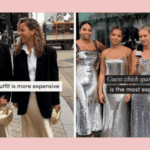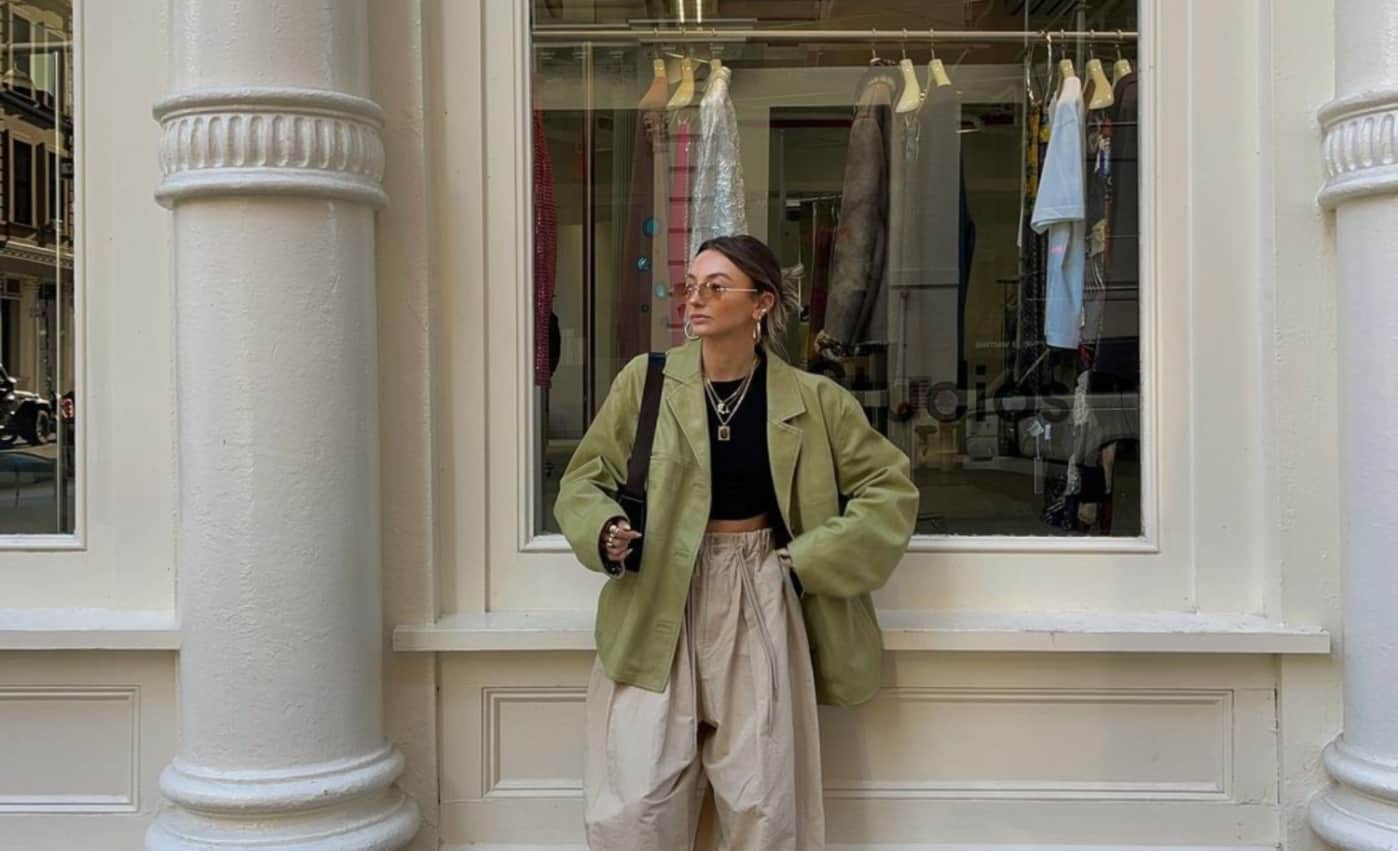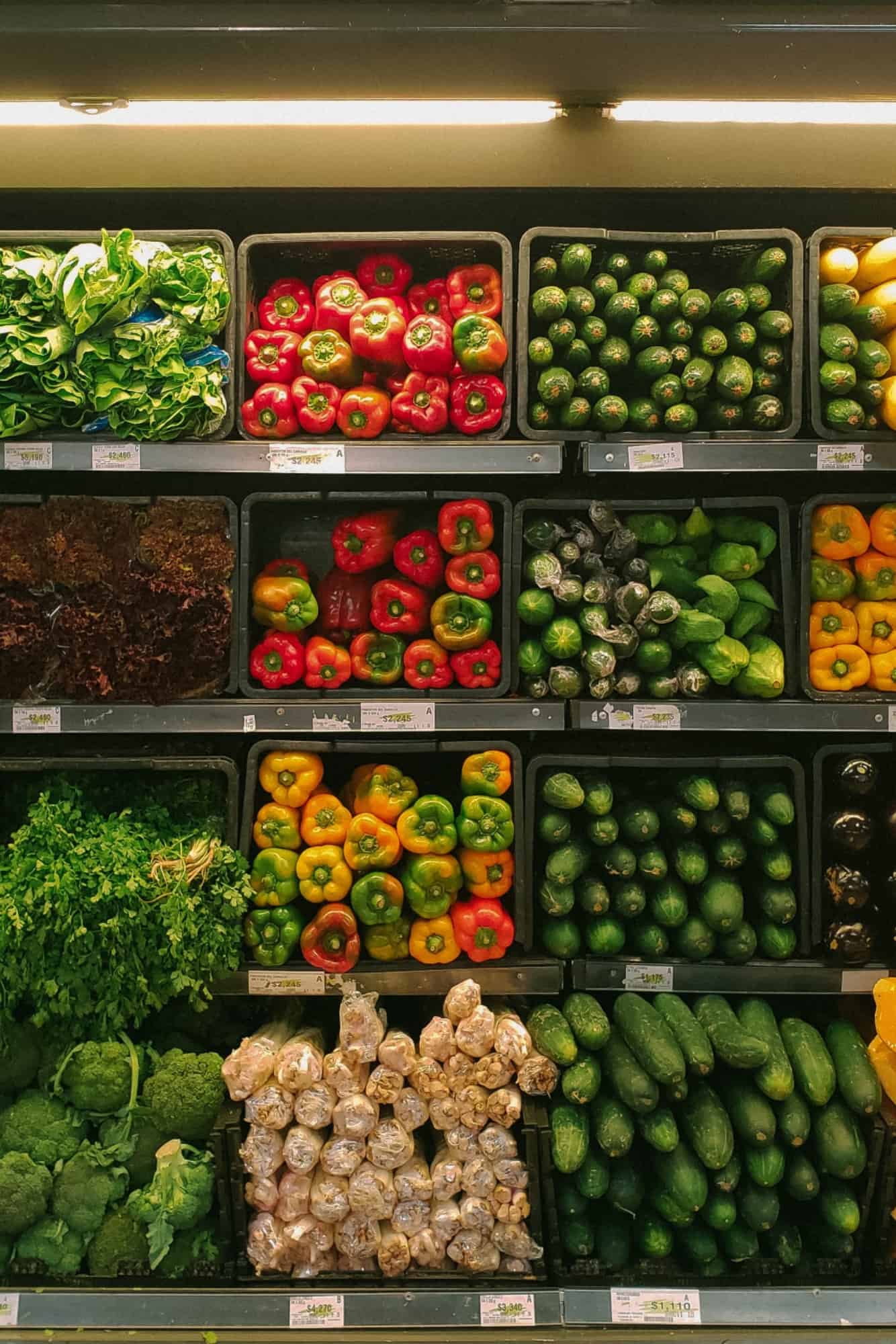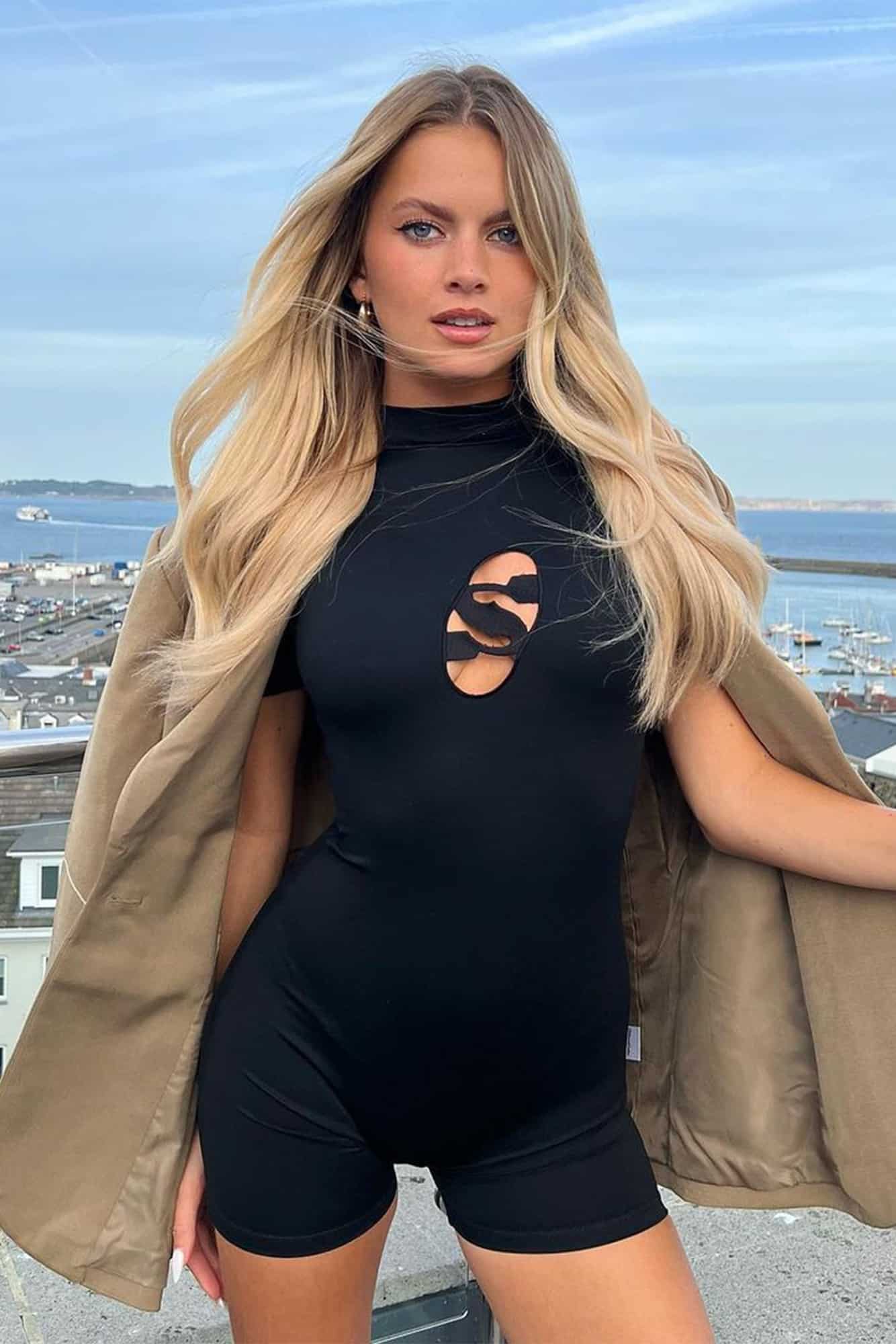The founder of fashion brand Deaf Identity, Luke Christian, recently criticised companies for not adding captions or subtitles to their videos, which underscores a significant oversight in accessibility efforts by brands.
In an Instagram post, the creator noted a surge in video content being posted online without text and highlighted fashion and beauty brands as the worst culprits. He wrote: “During 2020 and thereafter, with so much talk online and awareness around inclusion for the deaf community, I really felt optimistic and positive, as though we had turned a corner, yet now it seems those lessons and discussions were all for nothing.” Christian also questioned why brands are failing to hire people who specialise in accessibility, despite seemingly having the budgets to do so.
This isn’t the first time creators have called out brands for not being inclusive this year. In February, influencers were quick to criticise ASOS after the retailer relaunched its Insiders scheme. Creators such as lifestyle influencer Stephanie Yeboah and model Felicity Hayward commented on the lineup’s lack of size inclusivity while fashion Instagrammer Danielle Vanier criticised the e-tailer for failing to include subtitles in its Instagram announcement Reel. Earlier this year, ADHD and autism advocate Ellie Middleton slammed a company that asked her to give a talk for Neurodiversity Celebration Week in March but was unwilling to make the event virtual to better accommodate her needs. The following month, disability advocate Jessica Cummin (The Chronic Iconic) called out The Jazz Cafe in Camden, London for its lack of accessibility and said the allocated wheelchair space by the stage was being used by the artist’s 65 guests and the bar was inaccessible. Similarly, in 2023, TikToker Amy Pohl criticised a Claire’s store for its lack of wheelchair accessibility.
You may also like
In today’s digital age, where video content plays a central role in marketing strategies, accessibility should be a priority for brands and is a very simple yet highly effective way to demonstrate a commitment to diversity, inclusion and social responsibility. This change is as simple as tapping a button in Instagram’s or TikTok’s settings.
Take Cadbury’s Fingers, for example. Last year, the Cadbury Fingers’ Sign with Fingers Big and Small campaign with former Love Islander Tasha Ghouri was praised for encouraging the nation to learn British Sign Language. It “evoked emotional responses through earned media” and won in the content and consumer categories at The Drum Marketing Awards EMEA 2023.
Creators can also demonstrate their commitment to accessibility. Influencers such as writer Aja Barber and podcaster Jameisha Prescod use Instagram alt text (alternative text) – a short written description to explain the visual content of a post – in all of their content in a bid to improve accessibility on the platform, setting a precedent for other creators and companies. It’s important this tool is used correctly and the text is accurate. Last year, Specsavers criticised a Twitter (now X) trend for using alt tex incorrectly for a joke, and said: “”ALT text is a hugely important accessibility tool designed to help people navigate the internet more easily, so it shouldn’t be used as a punchline.”
Not only are brands not taking these steps missing out on crucial opportunities to reach a wider audience, but the issues that Christian and other creators have highlighted also perpetuate a systemic issue of marginalisation and exclusion. One option for companies to consider as a first step is to hire a diversity and inclusion consultant. However, beyond this, brands also need to work harder to engage disabled communities living in the UK by making small and simple changes.
By Abby Oldroyd, CORQ news and features writer. Picture credit: Luke Christian via Instagram










